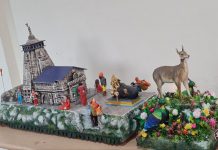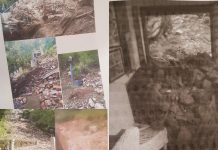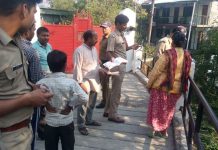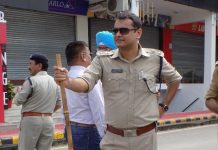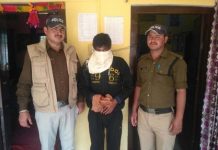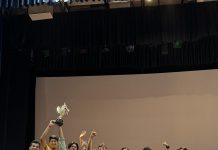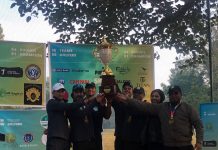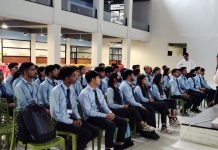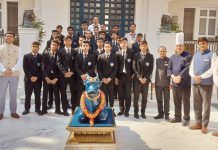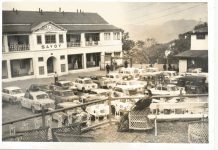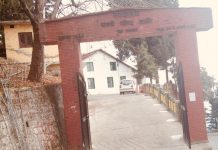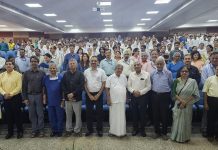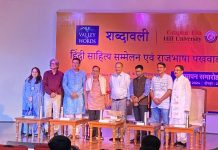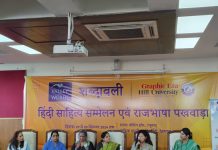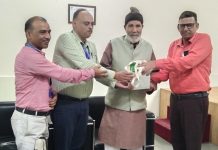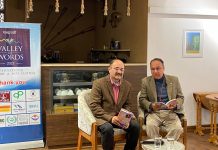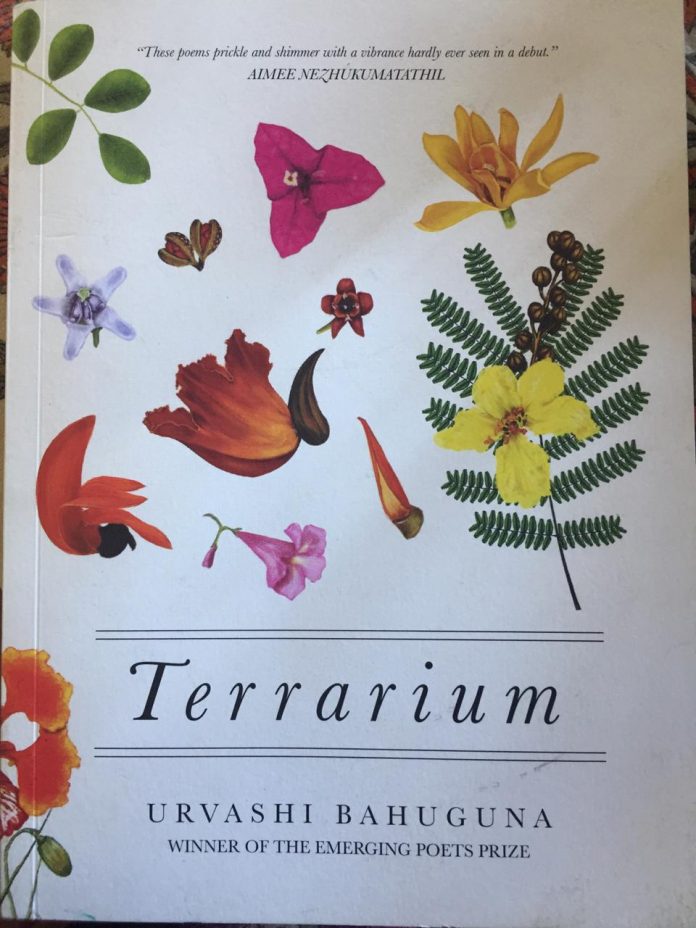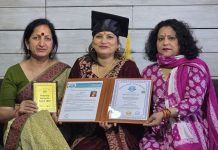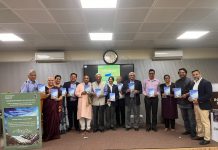Terrarium is Urvashi Bahuguna’s debut collection of poems. It carries the faintest aroma of her parentage: Garhwali and Odiya giving to her poems a double heritage. The result is a turbulent river that flows uninterrupted over 68 pages divided into five categories.
Dripping with nostalgia, the very first poem Terrarium, is followed by Ms. Fatima taking the reader back to her, not so long ago, school days:
‘we travelled far on Ms. F’s ruler. Three light blue waves denoted an ocean, one steady line a pond.
In her class, everyone got to be
An artist and a perfect marksman.’
You meet the unconditional love for that one favourite teacher, whom we have all had in our schooldays, whose spoken and unvoiced words were sacred. Later in the ‘Queen of the Balcao,’ you have the beats of a rapper strung together. But in“Migrating to Goa” she takes you on a journey to a place she now calls home. The Last Ride Before The Monsoon’ has her:
‘We count churches like daughters —
Santa Monica, Basilica Nossa Senhora do Monte,
Aldona, Brittona: Our Lady of the Rock…’
The poet writes with ease about her inhibitions and the pain of growing up with bumps and scraps and the smell of anti-septic that permeates the air teaching you the sound of comfort and coming home. On display is a strong bonding with her family that bubbles to the surface from most of her work even as she seems to find motivation to express herself in verse. Again and again, her parents turn up in her poems like The Heart of a Mango or in We Are a Few Burials Overdue. Her love for her sibling is apparent in “In Search of Lice and Love.” Her grandmother comes alive as in:
Equipped:
‘My grandmother closes the wide yawn of the tongs around the crab’s green-blue back and carries it,
all four legs still parting in the air, and drops it into boiling water, wiping the sweat off her brow with the edge of her saree.’
You shall find in Urvashi a wilful restraint, like Emily Dickenson’s desire of not wandering too far beyond the garden gates as she writes of her childhood, her adolescence, her moving to Goa and Mumbai, picking up anecdotes from her life and transmuting them into verse. Terrarium springs new surprises every now and then, but firmly yoked to what is around the young poet. Despite the rap-like structure of some of her poems, they do not turn into a monotonous listing of a telephone directory that Walt Whitman’s work sometimes tends to be. The triumph of things ‘not done’ find celebration in ‘The Meaning of Family.’ Like a spool running again and again to the beat of how you don’t care about some things but that is what makes life worth living.
She has fun too as in Marrow: A Love Story:
‘Do you think I am joking? Yes this is the age
When people in my family get married.’
Stirring memories of her mountain home is Rain Like That Comes Only Once. It is a recurrent theme in her poems where she hears her father recalling the sound of the mountain torrents breaking loose as the Alaknanda in spate booms through the mountains just outside his window in the complete darkness of his upstair rooms. It returns to haunt him in the far from the hills where he has made his new home. Add this blend a unique book cover designed by Alisha Dutt Islam and you have a book that makes for a great read. Go get yourself a copy. Well worth it! Anytime!





